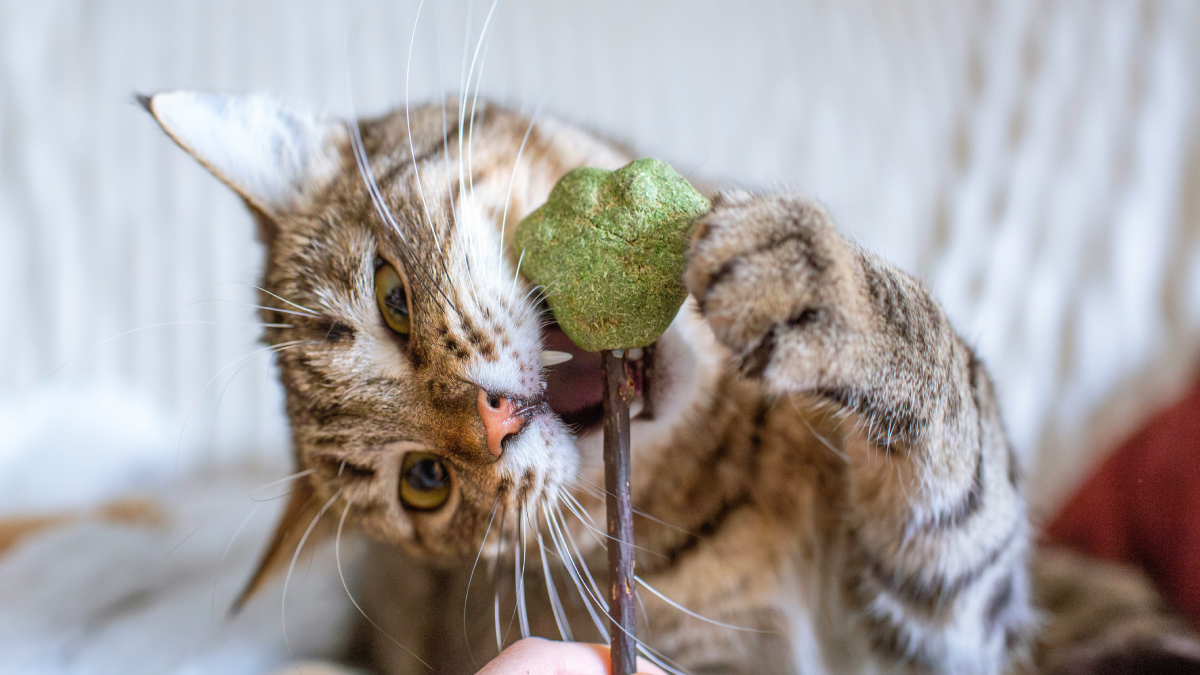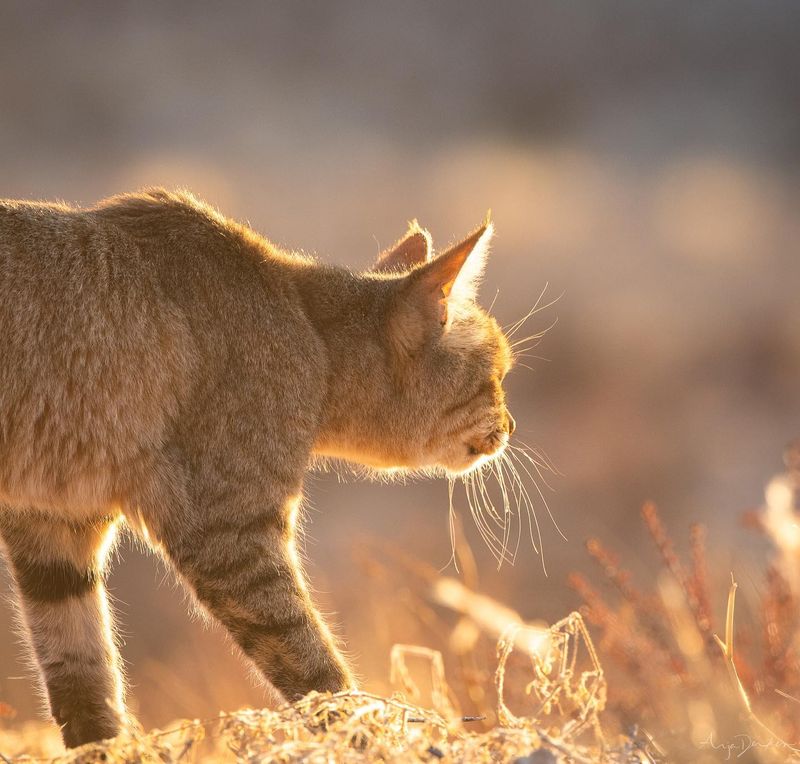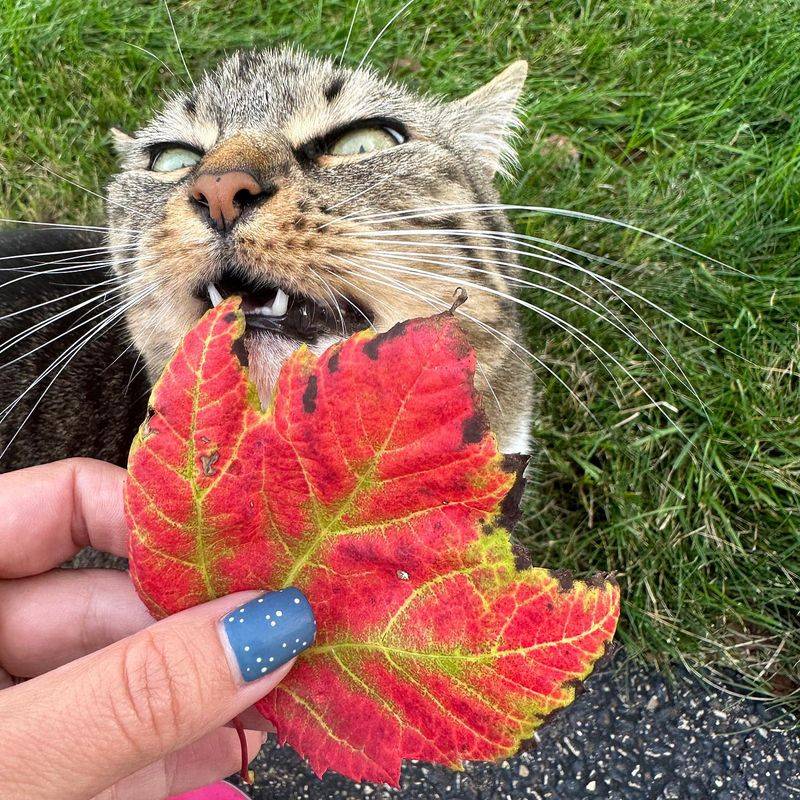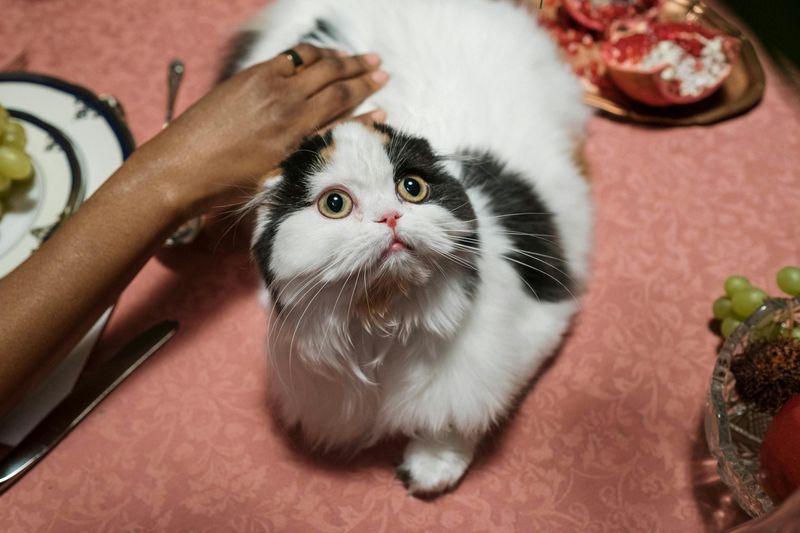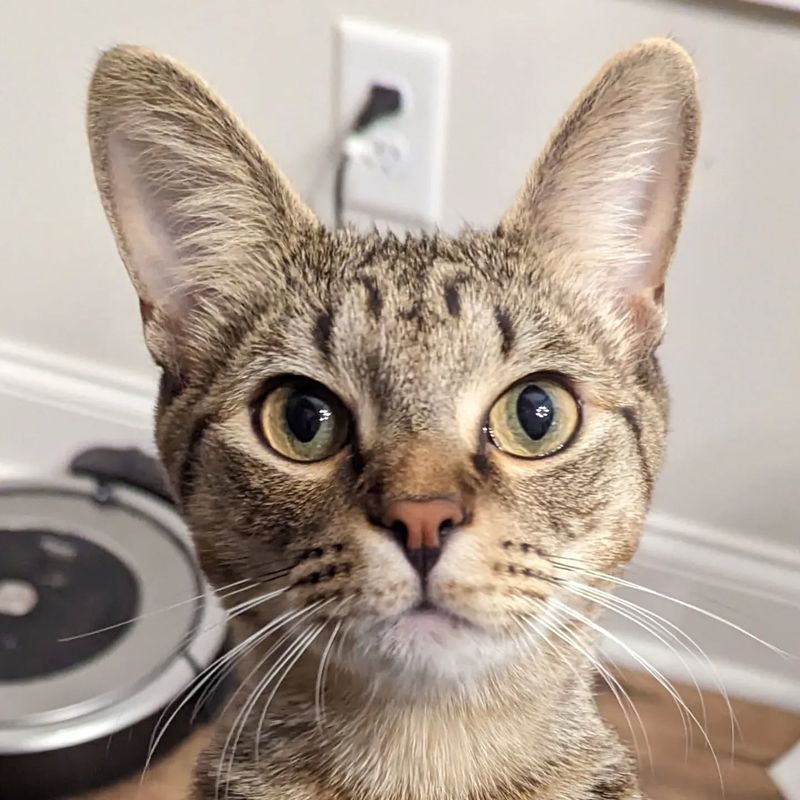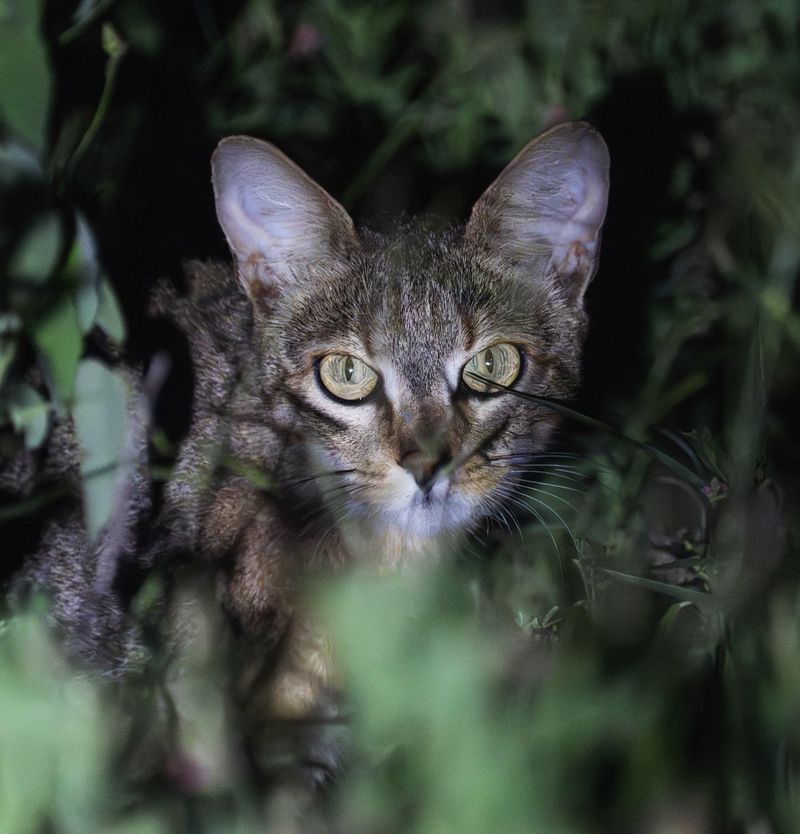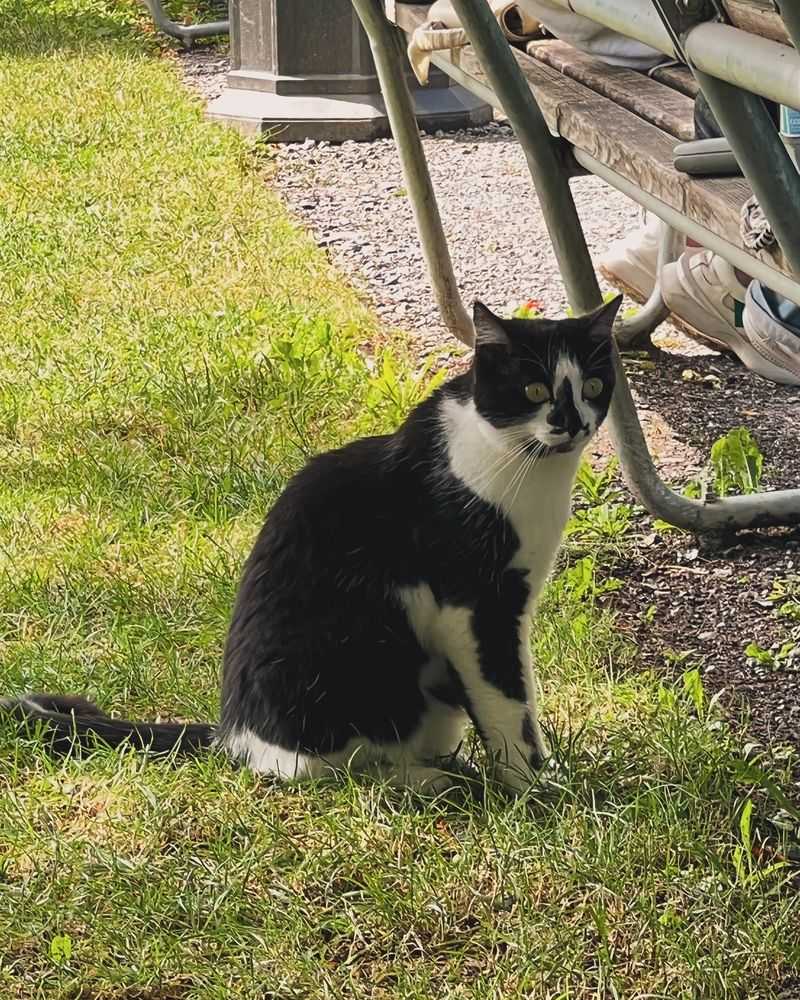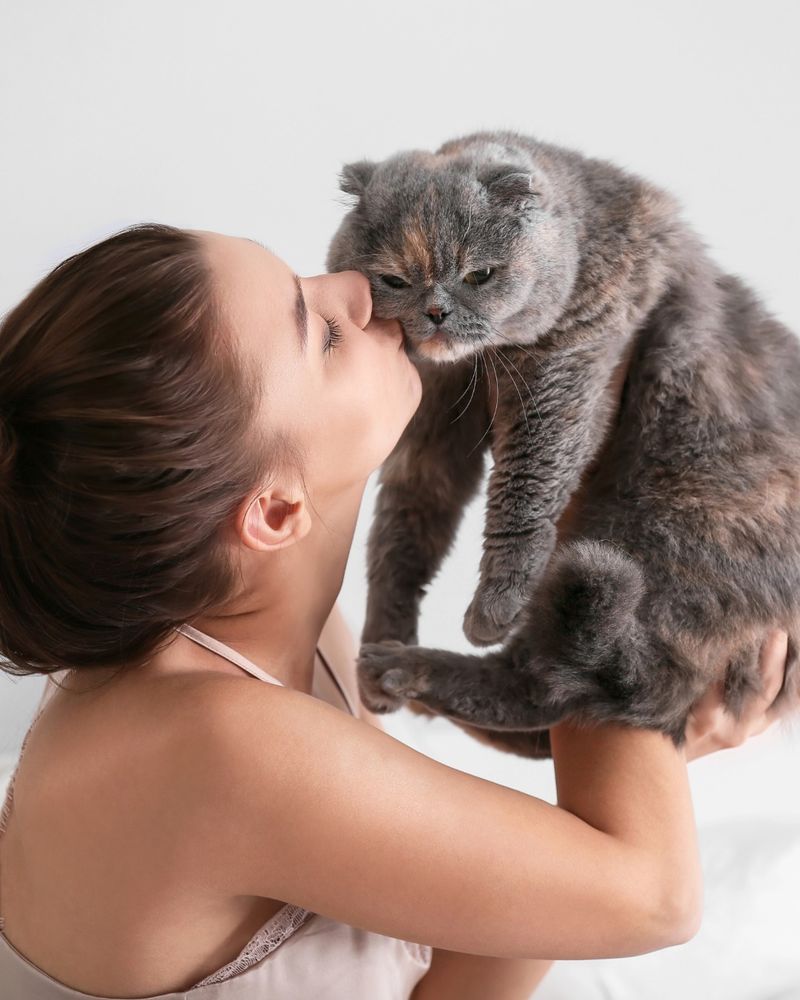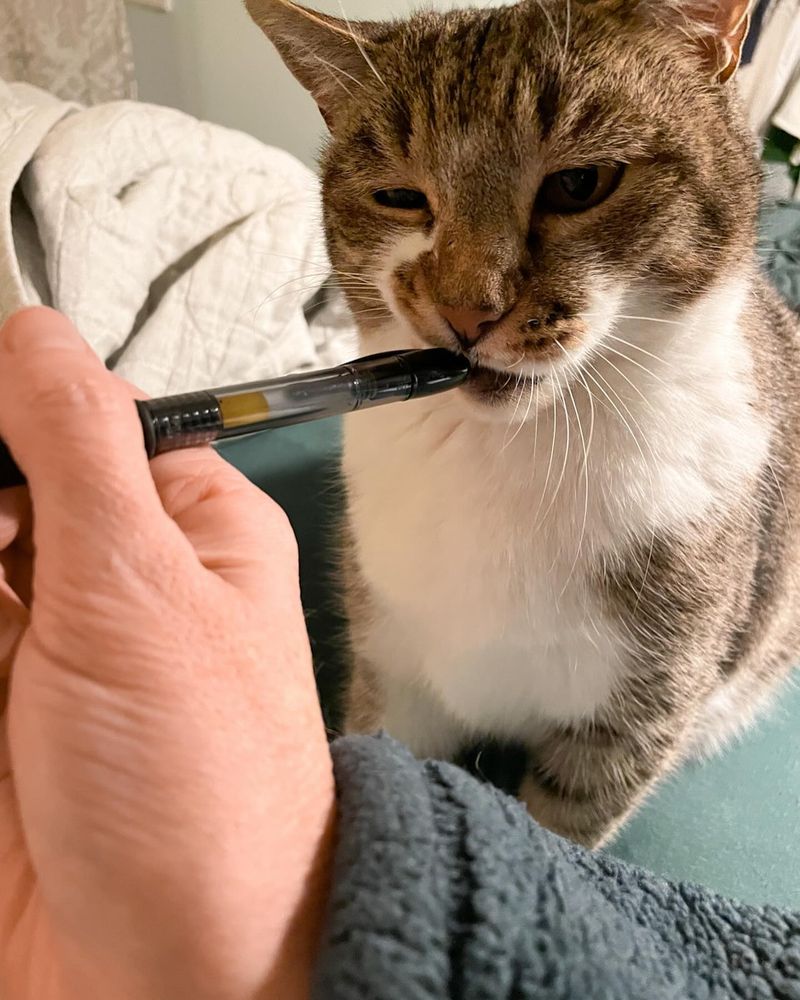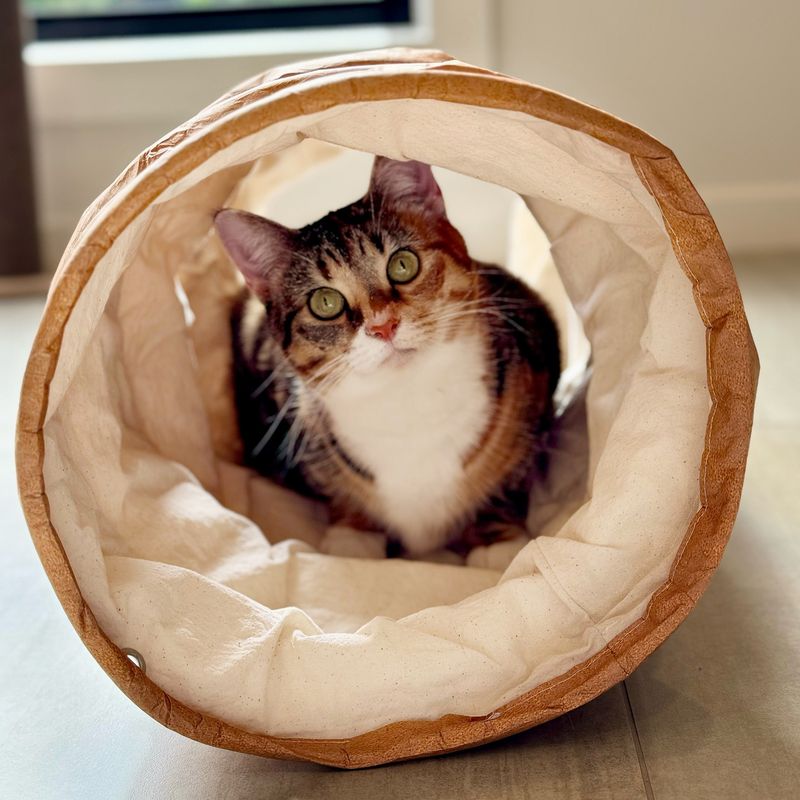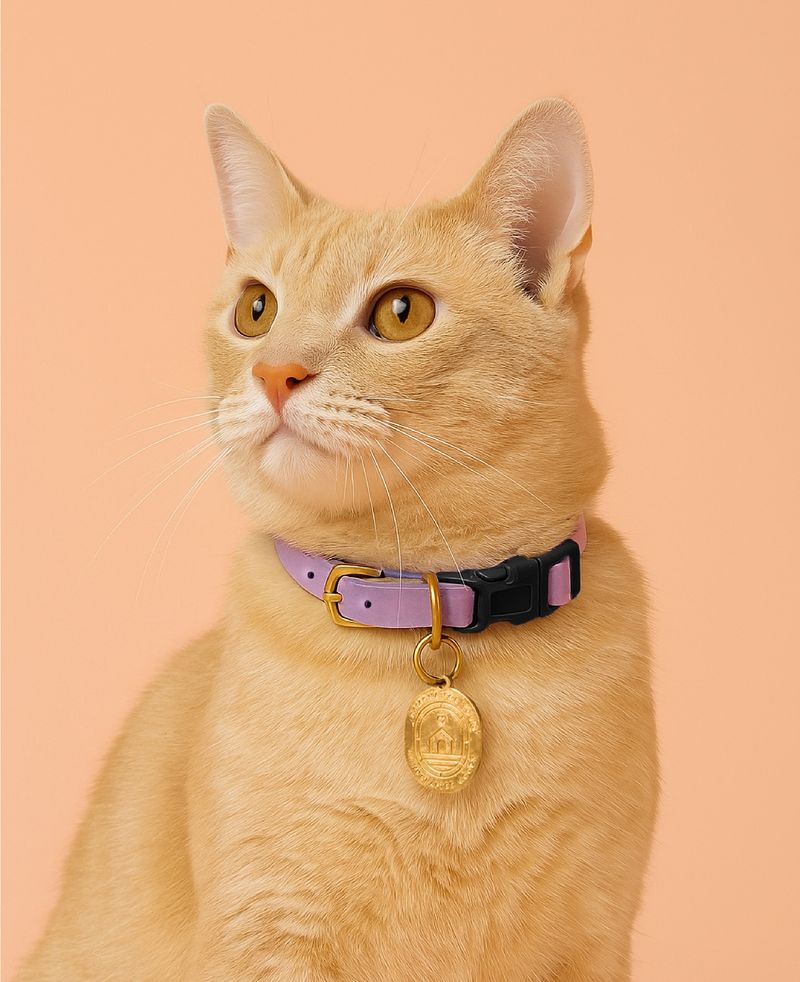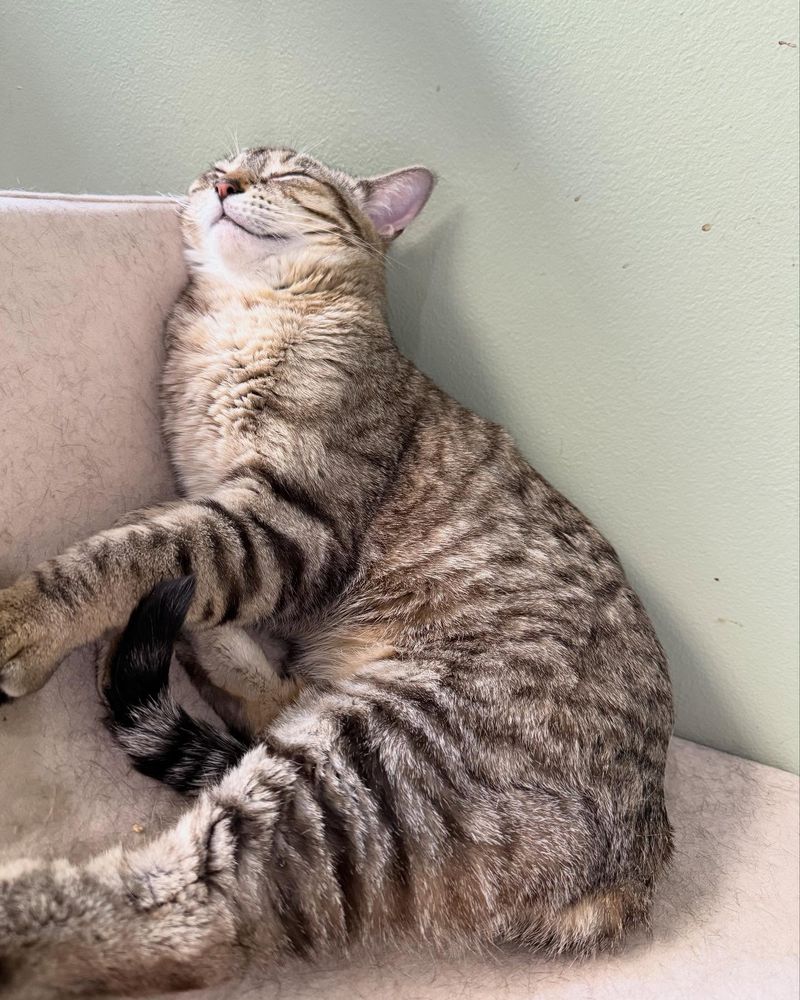📖 Table of Content:
- 1. Reason: Natural Hunting Instinct in Action
- 2. Reason: Showing Off Their Skills
- 3. Reason: Feeding Their Human Family
- 4. Reason: Seeking Your Approval
- 5. Reason: Teaching You to Hunt
- 6. Reason: Marking Their Territory
- 7. Stay Calm and Breathe
- 8. Dispose of the Gift Properly
- 9. Redirect the Hunting Drive
- 10. Consider a Bell Collar
- 11. Acknowledge Their Effort
Ever walked into your living room to find a dead mouse or bird carefully placed in your slippers? If you’re a cat owner, you’ve probably experienced these unexpected ‘gifts’ from your feline friend.
While these presents might make your stomach turn, they’re actually meaningful gestures in cat language. Understanding why your cat brings you these offerings and knowing how to respond can strengthen your bond rather than create household drama.
1. Reason: Natural Hunting Instinct in Action
Your cat isn’t trying to gross you out—they’re simply following deeply embedded instincts. Domestic cats retain strong hunting drives from their wild ancestors, regardless of how well-fed they are. These behaviors are hardwired into their DNA.
Female cats, in particular, teach hunting skills to kittens by bringing back prey. Your fluffy companion might see you as a kitten who needs hunting lessons! The fact that your cat brings you their prize rather than eating it elsewhere shows a level of trust and inclusion in their ‘family’ activities.
2. Reason: Showing Off Their Skills
That dead critter on your doorstep? It’s your cat’s Olympic gold medal. When cats successfully hunt, they experience a surge of pride and accomplishment worth celebrating. By bringing their catch to you, they’re essentially saying, “Look what I did!”
Cats are naturally skilled hunters, capable of stalking, pouncing, and capturing prey with impressive precision. Your feline friend might be particularly eager to demonstrate these abilities if they sense you haven’t appreciated their talents lately.
This behavior often increases when cats feel their hunting prowess isn’t being properly acknowledged by their humans.
3. Reason: Feeding Their Human Family
Your cat might genuinely believe you’re a terrible hunter who needs help surviving. In feral cat colonies, hunting cats often bring food back to share with non-hunting members. Your indoor lifestyle might make your cat worry about your hunting abilities!
Despite your regular trips to the grocery store, your cat doesn’t connect those bags of food with hunting success. From their perspective, you never catch anything yourself. This nurturing behavior shows how cats integrate humans into their social structure.
Even well-fed house cats maintain this instinct to provide for their family members, including their human companions.
4. Reason: Seeking Your Approval
Cats value your opinion more than they let on. When your kitty deposits a “gift” at your feet, they’re often looking for recognition and praise. This behavior stems from kittenhood when mother cats acknowledge successful hunting with positive reinforcement.
Your reaction matters tremendously to your cat. When you respond with disgust or anger, your cat might feel confused or rejected. They’ve brought you something they consider valuable, expecting appreciation in return.
Some cats will even vocalize or paw at you when delivering their presents, essentially saying, “Hey human, notice my awesome achievement!”
5. Reason: Teaching You to Hunt
Mother cats teach hunting skills to kittens through demonstration and practice. Surprisingly, your cat might view you as a rather large, clumsy kitten who needs hunting lessons! This teaching behavior shows remarkable intelligence and social awareness.
Your cat might bring partially alive prey as a “training exercise” for you. In cat logic, this gives you the opportunity to practice finishing the hunt yourself. The fact that you never seem to improve at hunting might frustrate your feline teacher!
This educational behavior highlights the complex social dynamics cats maintain with their human family members, even when we don’t understand the curriculum.
6. Reason: Marking Their Territory
Those “presents” might actually serve as furry little property markers. Cats are territorial creatures who use scent and objects to establish boundaries. By leaving prey items in your home, your cat might be declaring, “This space belongs to us.”
The location of these gifts often matters too. Presents left on beds, shoes, or personal items combine your scent with their hunting triumph, creating a blended family scent marker that feels secure to your cat.
Multi-cat households might see increased gift-giving as cats compete for territory and status within the home hierarchy. Each “present” serves as a feline flag planted in shared territory.
7. Stay Calm and Breathe
Finding a dead critter on your kitchen floor might trigger an immediate scream, but try to maintain composure. Your reaction impacts your cat’s feelings about their generous gift-giving. Taking deep breaths helps manage your initial disgust response.
Remember, your cat isn’t being malicious – quite the opposite! They’re displaying affection and inclusion by sharing their prize. Viewing the situation through this lens makes it easier to respond appropriately.
If possible, wait until your cat isn’t watching before disposing of their “present.” This avoids sending confusing messages about a behavior that’s perfectly natural from their perspective.
8. Dispose of the Gift Properly
When handling your cat’s presents, safety comes first. Use gloves or a plastic bag turned inside-out to pick up the item, avoiding direct contact with potential parasites or bacteria. Double-bag the gift before placing it in an outside trash container.
For larger items or if you’re squeamish, a dustpan and broom can help maintain distance while cleaning up. Thoroughly disinfect any surfaces the gift touched with pet-safe cleaning products.
If the prey is still alive, consider safely releasing it outdoors away from your home (unless it’s an invasive species). This respects your cat’s intentions while preventing further hunting of the same creature.
9. Redirect the Hunting Drive
Channel your cat’s natural hunting instincts toward appropriate targets through interactive play. Wand toys that mimic bird or mouse movements provide the same satisfaction as real hunting. Schedule daily play sessions that follow the natural hunt-catch-kill-eat sequence cats crave.
Puzzle feeders and treat-dispensing toys engage hunting behaviors in a positive way. These toys make your cat work for food, simulating the mental and physical challenge of catching prey.
Rotating toys prevents boredom and maintains engagement. Fresh catnip can revitalize interest in older toys, making them exciting hunting targets again while reducing your cat’s desire to bring home the real thing.
10. Consider a Bell Collar
A collar with a small bell gives wildlife a fighting chance against your feline hunter. The gentle jingling sound alerts potential prey to your cat’s presence, reducing successful hunts without diminishing the thrill of the chase. Make sure to choose a breakaway collar for safety.
Brightly colored collar bibs or scrunchie-style accessories can also limit hunting success. Products like Birdsbesafe collars use bright colors that birds can see clearly, giving them extra warning time.
Remember that while these methods reduce hunting success, they don’t eliminate the hunting behavior itself. Your cat will still engage in stalking and pouncing – they’ll just bring home fewer trophies to show off.
11. Acknowledge Their Effort
Strange as it seems, a simple “thank you” goes a long way with your gift-giving cat. Brief verbal acknowledgment satisfies their need for recognition without encouraging more presents. A quick pet or gentle praise acknowledges their effort before you discreetly dispose of the offering.
This approach respects your cat’s natural instincts while maintaining household boundaries. Your cat receives the social validation they seek, strengthening your bond without reinforcing unwanted behavior.
Consider this interaction similar to receiving an ugly sweater from a relative – you appreciate the thought behind the gift while quietly planning its disposal. Your cat doesn’t need to know their present isn’t treasured forever!
